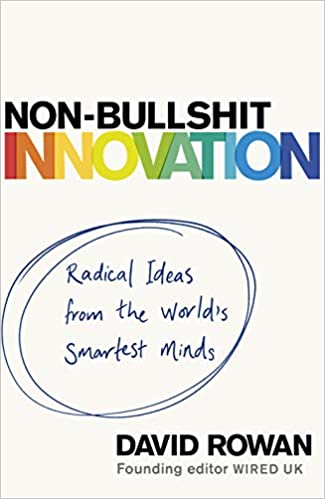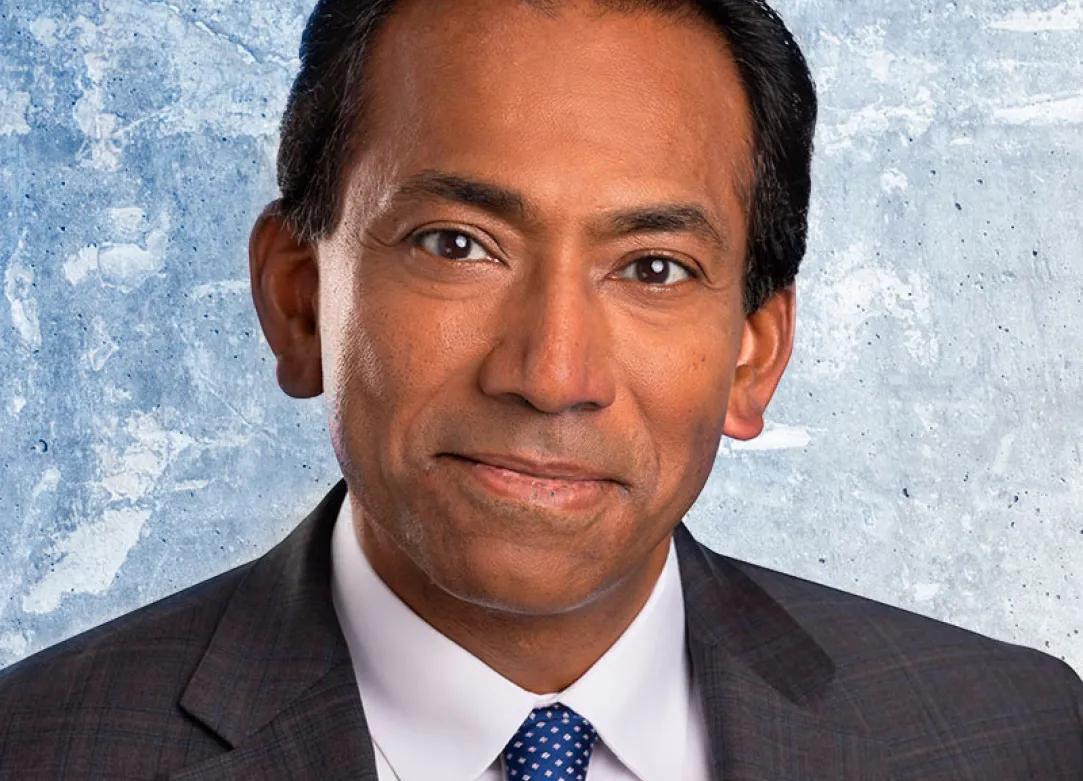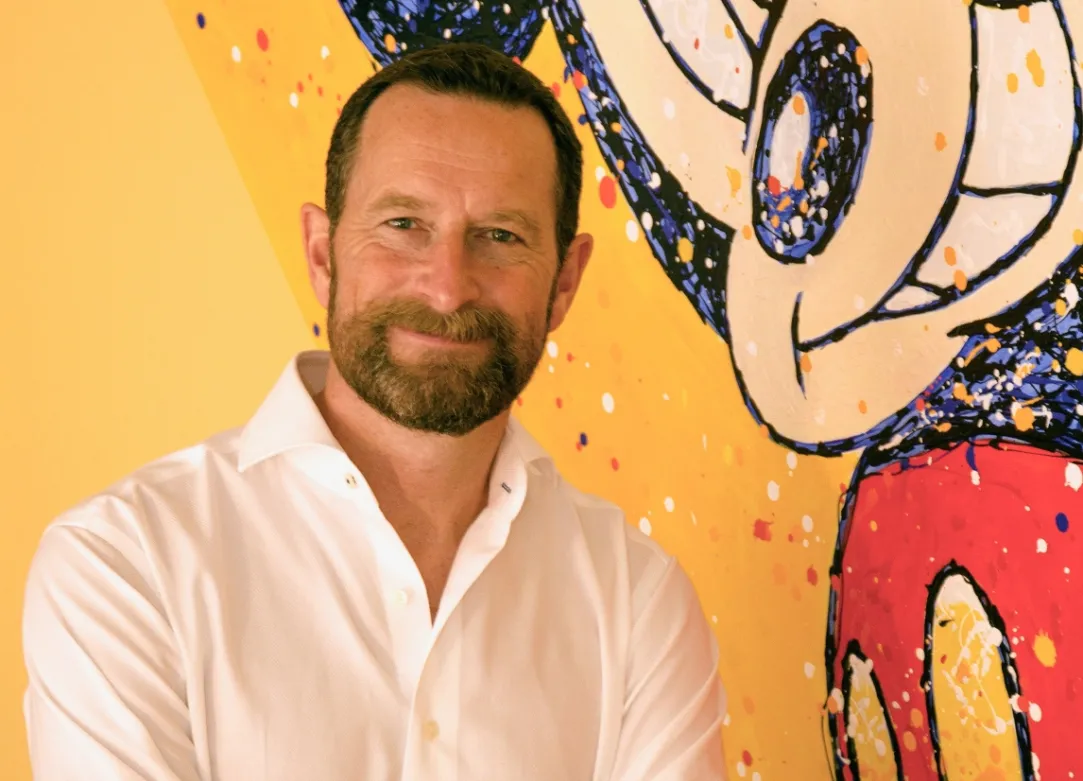David Rowan is today’s leading speaker on how emerging technologies will impact business — and how leaders should prepare now. He’s given more than 700 keynotes around the world, and has moderated events for the World Economic Forum, WIRED, the biggest global companies, and governments. As founding Editor-in-Chief of WIRED magazine in the UK, David came to know the founders of WhatsApp, LinkedIn, Google, Didi, Spotify, Twitter and countless other ambitious startups from Tel Aviv to Shenzhen. His best-selling book, “Non-Bullshit Innovation: 17 Proven Ways To Transform How You Work” (Penguin), is a 20-country quest to identify genuine innovation in the face of technology-led disruption. The book sets out 17 proven strategies for future- proofing a successful business — from “Turn products into services” to “Build an ecosystem”.
David spends his time at tech’s cutting edge: visiting university research labs and startup clusters to meet the people building the future. He’s invested in more than 180 early-stage tech companies, including 8 that became billion- dollar "unicorns", and runs venture funds that invest in health-tech and climate-tech. Currently he's working on a book on how business leaders are using culture to attract and motivate exceptional talent, at a time when AI risks commodifying entire sectors.
David has been a technology columnist for The Times, GQ, Condé Nast Traveller and The Sunday Times, and at WIRED he built a conference and a consulting business. And he is still searching for the future.
David will customise a talk for your meeting, or will moderate your event in his accessible journalistic style. He deconstructs tech trends in real time, unpacking how major innovations like artificial intelligence, quantum computing, and more, are changing businesses and consumers. He delivers fascinating and knowledgeable presentations full of insight into the future of technology together with lively examples and engaging clips which reveal that in some cases the future is already here. He’s typically asked to speak about how innovation and technology are likely to impact a particular sector (from manufacturing to motoring), and what incumbent companies can do to protect themselves. He customises every talk, and in recent months has addressed audiences in finance, fashion, utilities, television, insurance, shipping, travel, real estate and business software. He also speaks a lot about changing business models, and how companies can develop a culture of innovation.
His recent themes include:
- How to think about human talent in the AI era
- How to understand the impact of generative AI
- What exponential technologies mean for the next five years in retail/real estate/finance/media/healthcare, etc
- What a 20-country quest taught me about building an authentic culture of innovation
- What AI agents tell us about the future of the workplace
- Why culture is the true business differentiator in a world of exponential tech
- What talent wants in the new world of work





